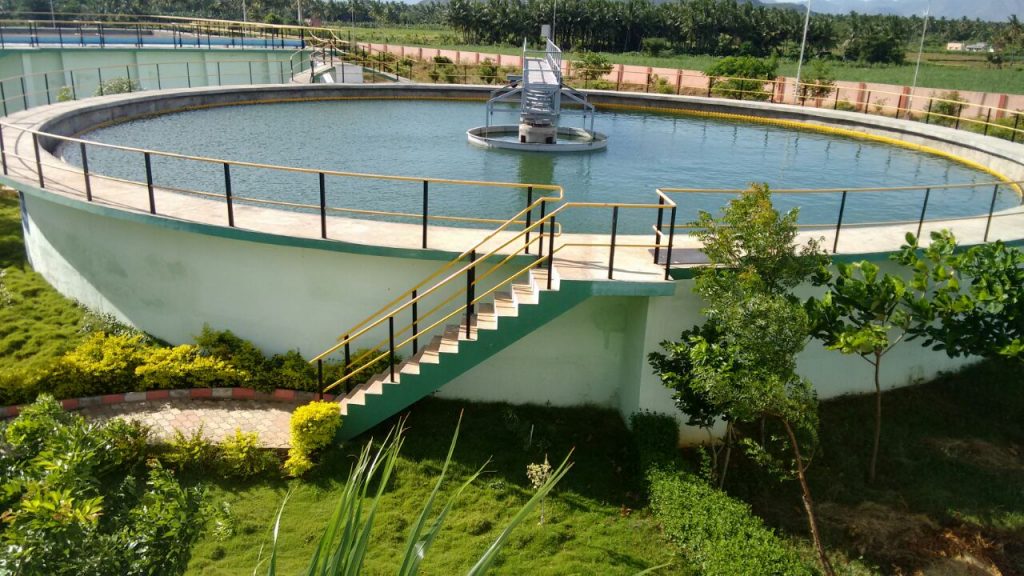With many States now proactively working for more effective and efficient waste management, we must all chip in at an individual level. This means understanding our solid waste disposal as well as sewage. The sewage or wastewater is treated at STP plants. Waste management is a multilayered process where both the society and the government must work hand-in-hand.
This is essential to deal with India’s massive sanitation and waste management problems. Waste segregation at an individual level, involvement of private STP plants manufacturer India are an essential part of this effort. Part of the challenge is that the common man is still largely ignorant of waste management policies and his/her role and liability.
Types of Waste and Rules Governing them
What are the rules and regulations that govern waste management at an individual and large-scale level? Largely speaking there are three kind of household waste:
Solid waste: This includes solid wastes like paper, plastic and glass. This comes under the Municipal Solid Waste (Management and Handling) Rules 2000. It regulates the management of solid wastes. It is applicable to any municipal body that collects, segregates, stores, transports, processes and disposes solid wastes.
Bio-medical waste: This includes all bio-medical wastes like medical swabs, band-aids, medicines, kitchen wastes etc. It comes under the Bio-Medical Waste (Management and Handling) Rules, 1998. It regulates the management and handling of bio-medical waste. It is applicable to anyone who generates, handles, receives, collects, stores, treats, transports, or disposesbio medical waste.
E-waste: This includes waste like batteries, phones and other electronic items. This comes under the E-Waste (Management and Handling) Rules, 2010. It regulates the handling and management of electronic waste. It is applicable to both the manufacturers and consumers who manufacture, sell, purchase or process any such equipment or its components.
It is important to note here that we, the users and consumers, are also liable for waste disposal. The rules clearly state that people using biological, medical and electronic waste must also see to its disposal. On a large extent these wastes are collected by the municipal authority, but we must also see that these are disposed responsibly. In some cases, people have taken the responsibility in their own hand by getting STP plants manufacturer India to build plants in their housing society, complex or colony.
What can you do?
In this scenario, what can you do to take this further? What do we mean by being proactive in waste management? Here are a few essential that we all must follow:
Understand different types of waste: All waste is not the same. As the above guidelines show us, even their disposal is strictly mandated by separate laws. Here are the different types of waste that are typically produced in an average household:
- Wet waste: This is typically kitchen waste such as raw and cooked food waste.
- Dry Waste: This includes paper, metal, glass, plastics, thermocol, fabric, leather, rubber, wood, styro foam and rexine. These are waste materials that can be kept without decomposing quickly.
- Hazardous waste: This includes toxic substances like cleaning agents, chemicals and other toxic material.
- E-waste: This includes electronic waste like batteries, wires, electronic toys, cell phones, computer parts, bulbs, CFLs, electrical equipment and parts.
- Biomedical waste: This includes medicines and sanitary waste like diapers and menstrual pads.
Disposing waste at home: Here are some tips to follow:
- Segregate dry, wet and biomedical waste in separate dustbins.
- When disposing glass or plastic food containers, rinse and dry before throwing them in trash.
- Warp sanitary waste in newspaper before disposing it.
- You can also consider giving away functional items, like books and clothes, to concerned charitable organisations
Disposing waste at a community level: Waste management is truly effective if followed at a community level, such as an apartment complex:
- Explain and initiate waste segregation at individual homes, making it mandatory for all residents.
- See that waste is collected and stored in a similar fashion.
- Organise responsible charity drives where functional items are collected and handed over to concerned charities.
- Build and start a composting unit with wet waste.
- Contact a STP plants manufacturer India for a sewage plant on premises.
Following a responsible waste management policy is now becoming increasingly important. Be proactive and seek community-wide action.



